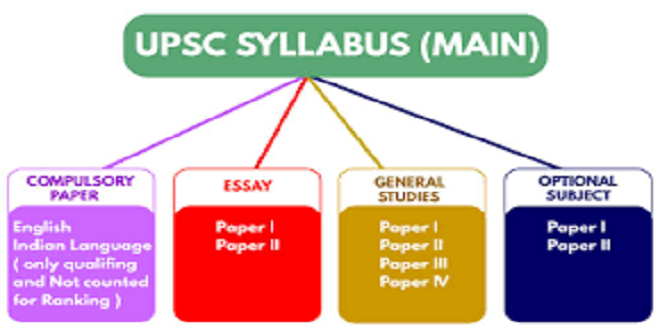Interpretation of the Question

INTRODUCTION
Often, and for the best of motives, our problems in essay writing begin the very moment we are given the question. Anxious to get on with the work and not fall behind, we skip the interpretation stage and launch straight into our research. As a result, we read sources and take notes without a clear idea of what’s relevant, beyond some very general idea of the subject of the essay. Then finally, after hours of toil, tired and frustrated, and no clearer about what we’re doing, we’re left with a pile of irrelevant, unusable notes.
Structure
Take the first of these: the structure. In the following chapters you will learn how to unwrap the meaning and implications of the question, so that, before you go off to do your research, you will have prepared for yourself a clear structure of the issues that the question raises, so you know what you’re looking for. In many questions this will develop out of your analysis of the key concepts in the question. Most of us struggle to do this well, but the skills involved can be easily learnt. You will be shown a simple three-step technique for analysing the most difficult concepts
Range of abilities
Then, once you’ve brainstormed your ideas and know what questions you want your sources to answer, there’s just one more thing you need to be sure about before you begin your research. You must be clear about the range of abilities the examiner wants to see you use. Otherwise you may find yourself tackling the essay in a way that doesn’t answer the question, and noting information that is irrelevant.
Analyse the key concepts
With these warnings in mind it’s essential to pin down two things: how many parts there are to the question and what weight you will need to give to each part. With many questions these structural problems can be solved by analysing the key concepts used in the question. Indeed, in most, if you fail to do this, the examiners will deduct marks: they will expect to see you show that you can analyse difficult abstract concepts and allow this to influence, if not determine, the structure of the essay.
Questions
To give you an idea of what this means in terms of actual questions, listed below is a selection of essay questions from different departments at different universities around the world. You will see that the answer to each of them hinges upon the same ‘clarity, insight and sen10 Interpretation of the Question sitivity’ that we can bring to the analysis of the key concepts in the question.
Key concepts
As you can see, no matter what the subject, the analysis of the important concepts is the main focus when we come to interpret questions like these. They may be couched subtly in everyday language like ‘unacceptable inequalities oblige or ‘efficient levels or they may stand out like beacons warning the unwary not to ignore them, like ‘Paretian Optimum and ‘anomie and subculture. Let an essaymojo help with writing college papers writer takes over your pressing task. We’ll not only help you get rid of annoying assignments but also boost your performance
Historians, for example, are fond of using concepts like ‘revolution’ and ‘crisis’: seemingly inoffensive and untroubling words. But then, look at the British Industrial Revolution and you find yourself wondering, was this a revolution or just accelerated evolution? Indeed, what is a revolution? Is it all a question of the speed of change? In which case, the Industrial Revolution was more an evolution than a revolution, spread as it was over seventy to a hundred years





